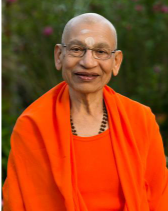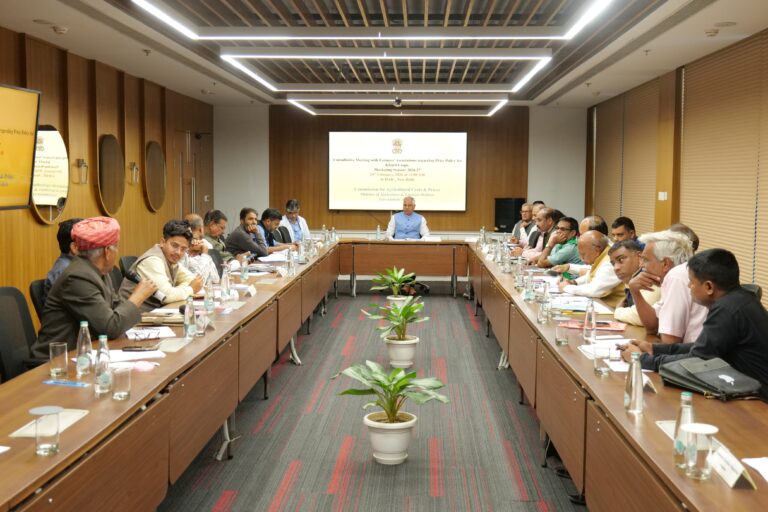
Spirituality

By Swami Viditātmānand Saraswati
Yogi is becoming independent of the external world
In the present times, whether only these five yajñas we can perform or not according to śāstras, yajña should have a place in our life at least in some way. It is best to perform every one of our karmas with an attitude of yajña, however, if that cannot be done, we should have an attitude of returning a favour for all the help we have received and also, we must have an attitude of paying back for the damage that is caused to the environment by us. This is the reason why the laws of government command us to pay different types of taxes. However, besides that, one needs to be alert about the universal yajña and universal order and needs to give an important place to yajña in his life. Mainly, gṛhastha (householder) has this responsibility among the four – brahmacārī, gṛhastha, vānaprastha and sanyāsī – because rest of the three are dependent on the gṛhastha. From this point of view, Vedic karma yoga is addressed to gṛhastha only, however, everyone can adopt the viewpoint behind this and can perform their own duties accordingly to return the favour.
In this context, Bhagavāna says that even after receiving favours from devatās, one who does not return their share and enjoys everything by himself is indeed a thief.
Also read: Spiritual Discourse: Atonement of the sins
And, in comparison to such a thief, यज्ञशिष्टाशिनः सन्तो मुच्यन्ते सर्वशिल्बिषः – those virtuous ones who eat what is leftover from yajña are released from all the pāpa (sins). However, those sinful people who cook only for themselves eat pāpa. (3-13). Bhagavāna describes the advantage of performing yajña and also the disadvantage of not performing one. Whatever we achieve comes with some or the other blemish with it. If we obtain or enjoy the things with an attitude of yajña, then the blemishes get removed. There are no other means of removing this type of blemishes other than the attitude of yajña. And, all those blemishes or pāpas are consumed with food.
This attitude of yajña, self-surrender, purifies the antaḥkaraṇa. Yajña indeed is the one operating the cycle of the world. The living beings other than the humans are automatically doing yajña and therefore, they do not break the balance of the environment or the order of the universal cycle. However, Bhagavāna has given freedom of choice to humans and humans also have rāga-dveṣa from which desire, anger, greed, jealousy etc. impulses are born. If we are subdued by these impulses, our mind will remain selfish and narrow-minded and if we perform any action by the motivation of such a mind, that action will definitely break the universal harmony. As a reaction to selfishness-motivated actions, impulses of the mind will increase and that will result in one’s downfall. Bhagavāna says that the life of such selfish people behaving while subdued by such impulses is futile. They are just the asuras (devils) who revel in themselves with the sense objects. Attracted by the sensual pleasures and achievements, these people hate ātmā and as a result, suffer in various ways.
Saṁvāditā (Harmony)
Yajña because of which the cycle of the universe is moving, that yajña is the nature of ātmā, human beings themselves. And therefore, whenever one behaves with an attitude of yajña, he is in accordance with the nature of ātmā and because of that, there is a harmony between the inside and outside of that person. Of course, to maintain the attitude of yajña, rāga-dveṣa and the impulses originating from them have to be subdued; they have to be kept in control. These impulses are opposite of the nature of ātmā, and therefore, by keeping them in control, ātmābala (self-reliance) increases. In this way, for maintaining the attitude of yajña, internal impulses and āsurī vṛttis (demonic instincts) have to be sacrificed. By renouncing the āsurī vṛttis, daivī vṛttis (divine instincts) get nourished. This is indeed the nutrition of devatās. By nourishing devatās, we get their grace. By nourishing the daivī vṛttis, internal cleanliness and joyfulness are obtained, our personality becomes ready for jñāna and in that manner, preparation for sāṅkhya or jñāna which is the second phase of sādhanā continues. In this manner, karma performed with an attitude of yajña becomes a means of retiring from karma and obtaining jñāna.
*Swami Viditatmananda Saraswati has been teaching Vedānta Prasthānatrayī and Prakaraṇagranthas for last 40 years in Ahmedabad, Gujarat. Throughout the year, he conducts daily Vedānta discourses, accompanied by retreats, and Jñāna Yajñas on Vedānta in different cities in India and in foreign countries.





